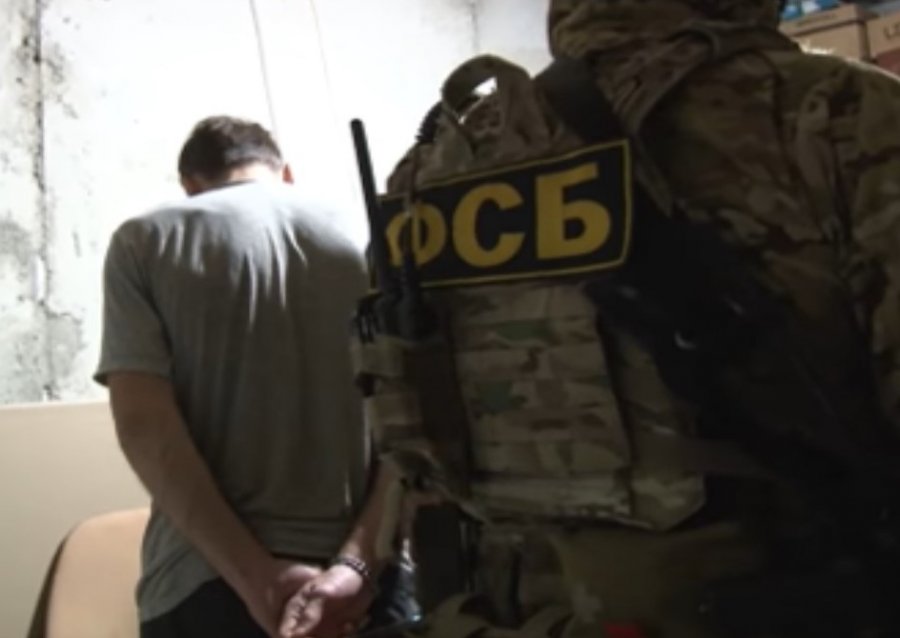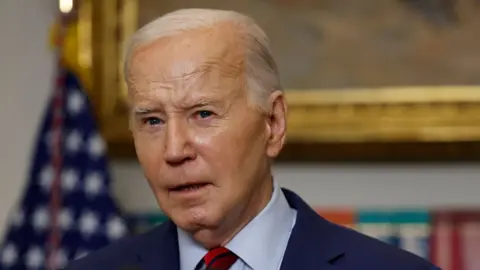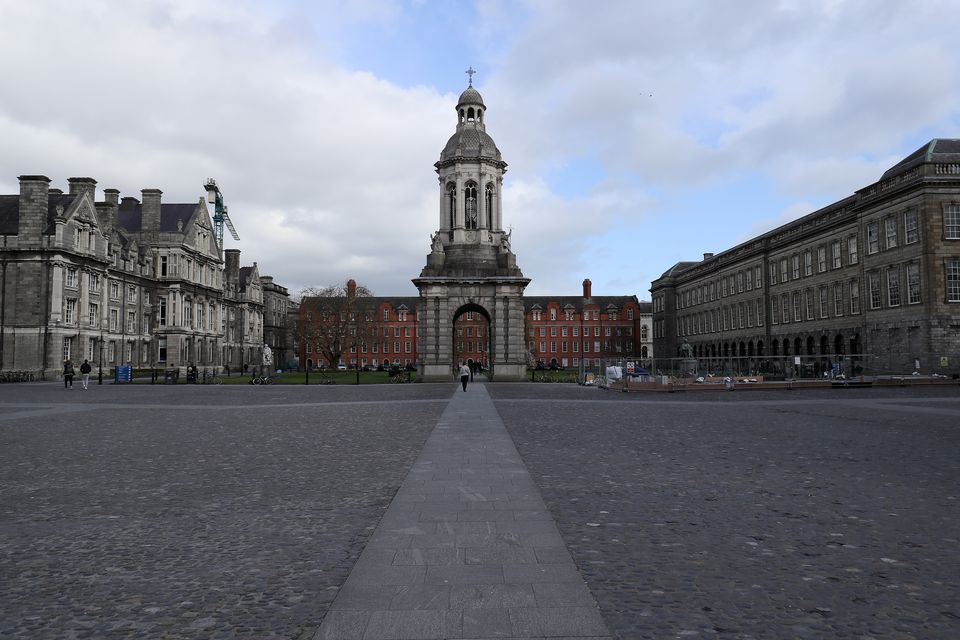Massive spike in ‘List of Terrorists and Extremists’ as Russia persecutes critics of its war against Ukraine and LGBT

Novaya Gazeta Europe has reported a huge rise in the number of people added to Russia’s ‘list of terrorists and extremists’, a list already notorious for the number of Crimean Tatar and other Ukrainian political prisoners placed on it. Of the 669 people added since the beginning of 2024, 17 are underage. While four of the men accused of involvement in the bloody terrorist attack on the Crocus City Hall on 22 March 2024 are on the List, they were added only on 28 March, after the FSB and Russian authorities proved totally incapable of heeding direct warnings and did nothing to prevent the attack. . Two days later, the FSB added two people working for an Orenburg gay bar in what is the first criminal prosecution over the so-called ‘extremist LGBT movement’ since the supreme court ruling on 30 November 2023. Russia’s enforcement bodies are also considerably more proactive when it comes to persecuting people for supposedly ‘discrediting the Russian armed forces’.
Novaya Gazeta has calculated that, since February 2014, the List has increased fivefold, with recent additions including former world chess champion and implacable Kremlin critic Garry Kasparov and well-known writer Boris Akunin.
The newspaper does not spell out that February 2014 marked Russia’s invasion of Crimea and the beginning of its aggression against Ukraine. The majority of Russia’s Crimean Tatar and other Ukrainian political prisoners, since the arrest in May 2014 of Ukrainian film director Oleh Sentsov and other opponents of Russia’s invasion, have ended up on the List.
All those who are thus labelled ‘terrorists’ or ‘extremists’ are either accused of ‘crimes’ according to Russia’s flawed ‘terrorism’ and ‘extremism’ legislation, or have already been convicted and are normally serving very long sentences. The List currently includes 52 teenagers under the age of 18, with 17 added in the first months of 2024. The youngest, Yegor Lauskis, is just 14. He was added in February 2024, having been accused of setting fire to railway signal boxes “on instruction from Ukrainians”.
As reported, Russia’s FSB failed to prevent the Crocus City Hall attack despite Moscow having received direct warnings from US Intelligence. There was no increased security, evacuation doors were locked, and the FSB and fire brigade took a suspiciously long time to even turn up, with this almost certainly increasing the death toll. The attempts to blame Ukraine for an attack immediately admitted by the so-called ‘Islamic State’ probably help understand why the Kremlin and FSB paid no heed to the warnings. Novaya reported the day after the attack that, since Russia’s full-scale invasion of Ukraine, the FSB have claimed to have thwarted over 100 ‘terrorist attacks’, with the vast majority of these supposed to have been planned by “the Ukrainian security service”. The publication does not separately mention the number of cases where Ukrainians, abducted from occupied Ukraine, have been later accused of ‘terrorist attacks’. The only ‘proof’ that such attacks were ever planned generally comes from supposed ‘confessions’ obtained from Ukrainian men or women abducted from their homes and held incommunicado, without access to proper lawyers. On some occasions, the Ukrainians are accused of involvement in partisan attacks on legitimate military targets, with Russia claiming this to be either ‘terrorism’ or even ‘international terrorism’. By October 2023, 89 abducted Ukrainians had been accused of ‘terrorism’, with this number likely to be higher now. Among the latest victims are Yanina Akulova, a mother of two, who was seized from occupied Melitopol in October 2022, as were two other Ukrainians, Dmytro Sergieiev and Anton Zhukovsky. The FSB claimed to have ‘thwarted a planned attack on a market’ with this backed solely by ‘confessions’ from the three Ukrainians, almost certainly obtained through torture.

Novaya explains that the ‘List of terrorists and extremists’ was created in 2001, together with the financing monitoring agency Rosfinmonitoring. Until 2013, however, this was just a list, with no accompanying restrictions. Since June 2013 those who are placed on the list are prevented from carrying out any financial operations with property; borrowing money; inheriting money or property. They cannot use bank cards and can only withdraw a tiny amount (10 thousand roubles) of their own earned money from their own account. Those who end up on the List are also likely to have difficulty keeping their job or finding other work. Dina Harina, a trolleybus driver, told OVD.Info that being on the list is like “civic death”, since you won’t find work and the situation with studies is no better.
There are certainly cases in any country where restrictions may be temporarily imposed if there are serious grounds for believing that assets are the result of illegal activities, money laundering, etc. Here, however, people are being placed on this List for opposing Russia’s war against Ukraine; for practising their faith (for example, Jehovah’s Witnesses); or, most recently, for working in a gay bar. Dina Harina had found herself on it after she was convicted of ‘insulting’ two officers from Russia’s so-called ‘Centre for countering extremism’. At least in occupied Crimea, people who merely try to attend political trials or to find out what has happened to abducted Crimean Tatar activists are likely to be detained and almost invariably ‘convicted’ or whatever charge the anti-‘extremism’ squad choose to bring. It is also very difficult to get off the list and next to impossible to successfully appeal against inclusion.
In occupied Crimea, the FSB has been using a flawed Russian supreme court ruling from 2003 as excuse for armed arrests and huge sentences against civic journalists and activists from the Crimean Tatar human rights movement. Well over a hundred Crimean Tatar and other Ukrainian Muslims are imprisoned on unproven charges of involvement in Hizb ut-Tahrir, a non-violent transnational Muslim organization which is legal in Ukraine. The vast majority of the men arrived have children, with their inclusion on the List almost immediately after their arrest, causing even more suffering to the families of men who have committed no crime. The same is true of Jehovah’s Witnesses; critics of the war of aggression against Ukraine, and many others. It remains unclear how aggressively Russia is planning to apply the ban on the so-called ‘extremist LGBT movement’, but the first criminal prosecution gives grounds for fearing that this will prove another source of persecution, albeit one that they will surely not try to blame on “the Ukrainian security service”.





